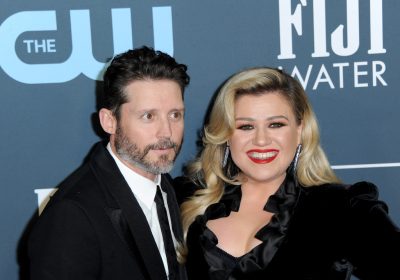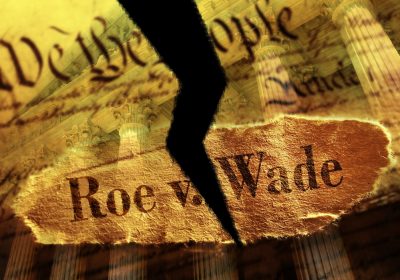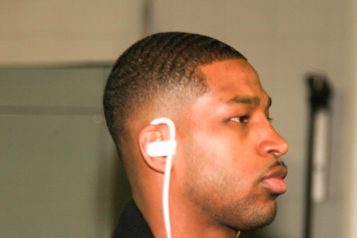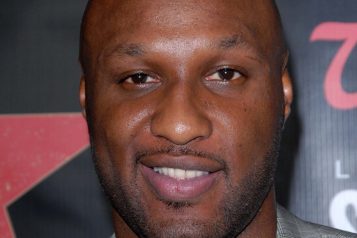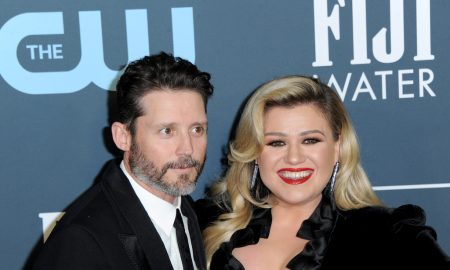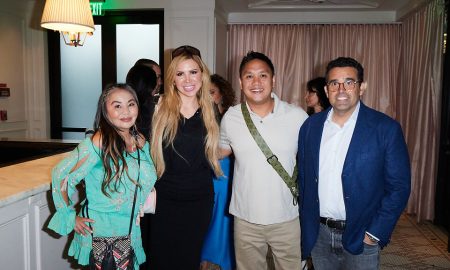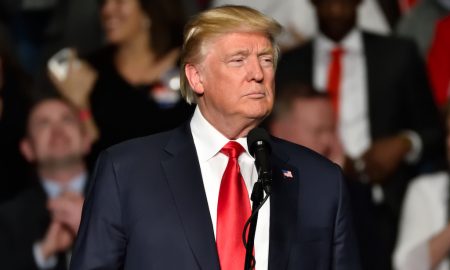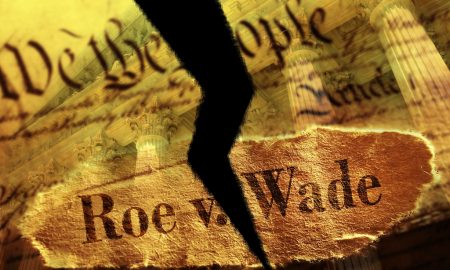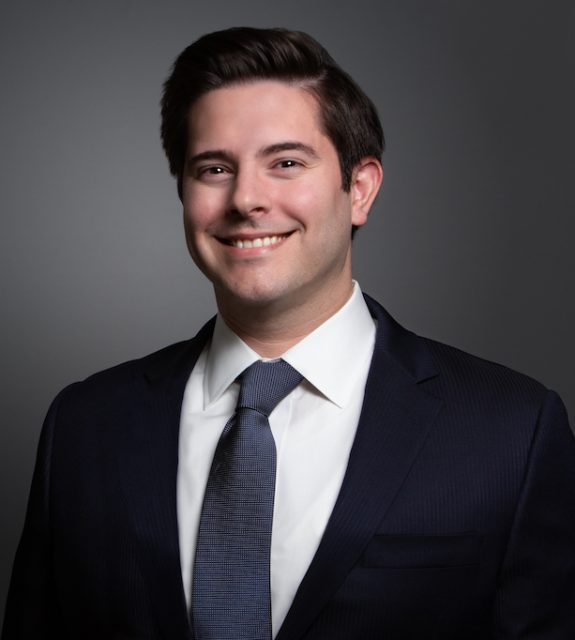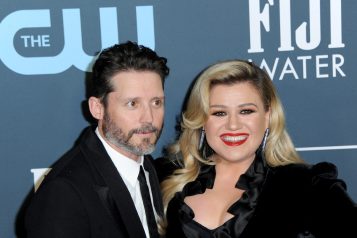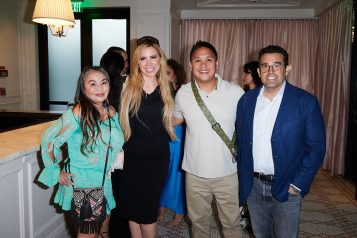Unless you’re unfamiliar with the playing field of mass media law, it’s noteworthy to mention that this realm of law is certainly interesting. But when you throw in a celebrity, good luck. From defamatory claims to copyright infringement, the cases involving public figures not only attract a lot of attention but can potentially alter the course of law. These five celebrity media lawsuits made history, seriously, and any media professional should surely recognize at least one of these impactful decisions. Not only does each case teach a valuable lesson about a sector of media law, but they’re all quite entertaining in their own way.
1. Bollea v. Gawker
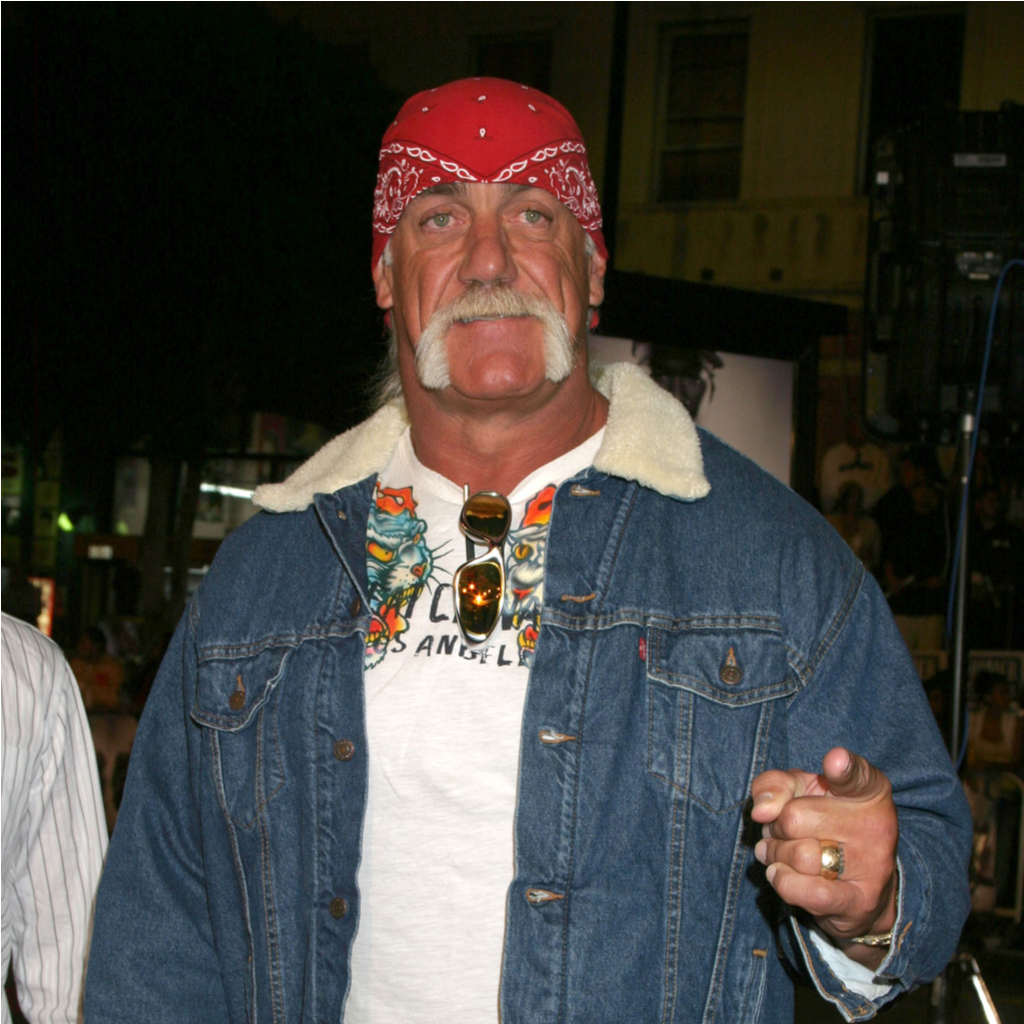
Perhaps one of the most consequential lawsuits touching modern American media, this case erupted after former wrestler Hulk Hogan (born Terry Bollea) sued Gawker Media for airing 2 minutes of a 30-minute hidden-camera sex tape capturing Hogan with his friend’s wife. Though Hogan sued for invasion of privacy, Gawker Media defended itself by claiming the video was a newsworthy matter of public interest. However, the jury found that Gawker violated Hogan’s privacy and awarded a $140 million judgment to Hogan. The media company initially vowed to appeal the award, but it wound up settling with Hogan for $31 million. Nevertheless, Gawker Media still couldn’t afford to pay the settlement and later filed for bankruptcy in June 2016.
Interestingly, Hogan’s suit was secretly backed by Silicon Valley entrepreneur Peter Thiel, who gave Hogan $10 million for the lawsuit. Why? It appears that perhaps Thiel took this opportunity for revenge against Gawker Media for outing him as gay in a series of articles from 2007. Though Thiel had stated that his involvement in the case wasn’t a business venture, his lawyers said it was, in part, a matter of economic interest. The ultimate lesson from this media case: Be careful what comments you publish online about a billionaire investor because it could cost you $140 million in the future.
2. Matal v. Tam
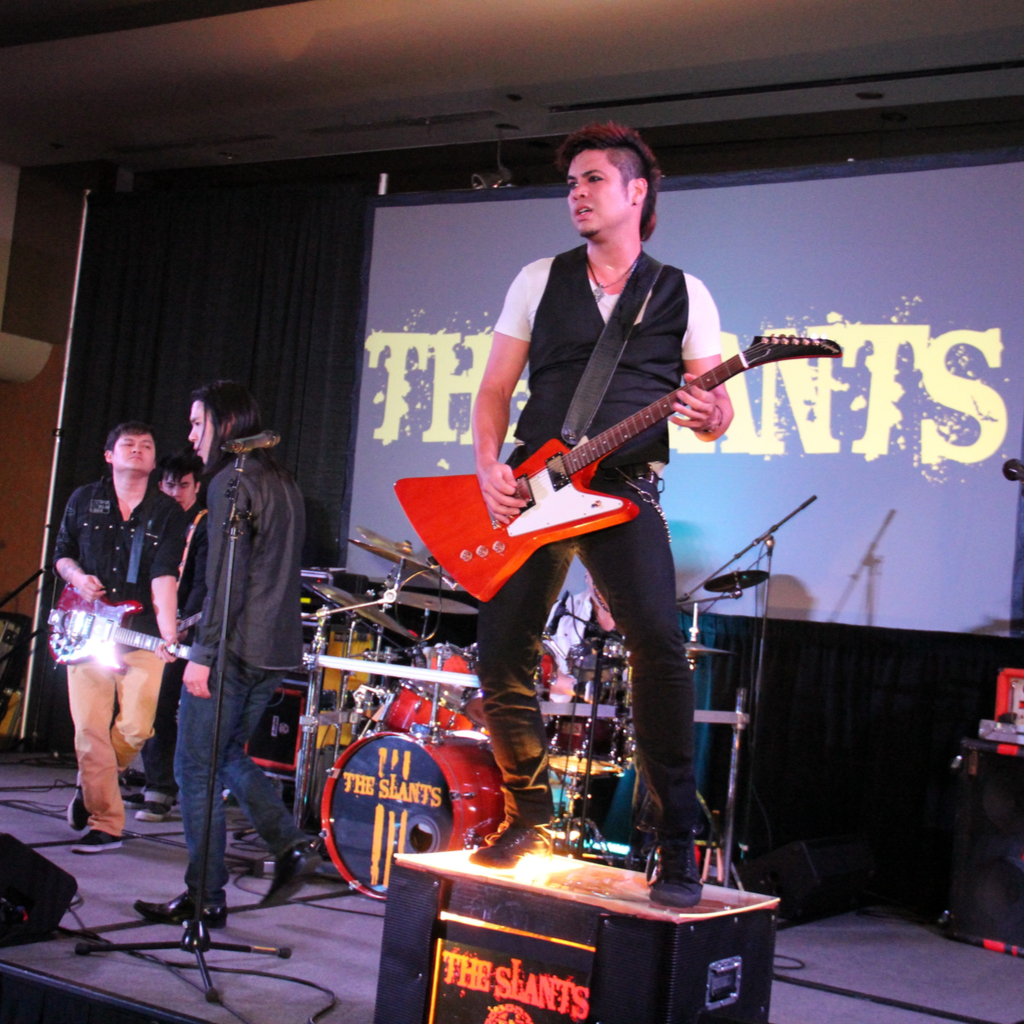
Thanks to this case, profanities can become a trademark. Simon Tam, the frontman of Asian-American rock band The Slants, filed a lawsuit in 2016 after the U.S. Patent and Trademark Office kept rejecting the band’s appeal to register its name. Although the Patent and Trademark Office did this by citing the Lanham Act (which prohibited any trademark from having “disparaging” words toward others), a federal court judge sided with the band. This led the Patent and Trademark Office to sue so it wouldn’t be compelled to register the band’s name. Nevertheless, the case made it all the way up to the Supreme Court, which ended up siding with The Slants.
The decision made it unconstitutional to refuse a trademark registration for a “scandalous” word. In other words, the band members’ first amendment rights were deemed stronger than trademark laws. After all, The Slants were only trying to reclaim a word that was often viewed as a slur — Tam had mentioned that growing up with slanted eyes attracted negativity and bullying — and transform it to a point of pride. Guess “disparaging” words aren’t so bad after all given the Court seems OK with it.
3. Campbell v. Acuff-Rose Music, Inc.
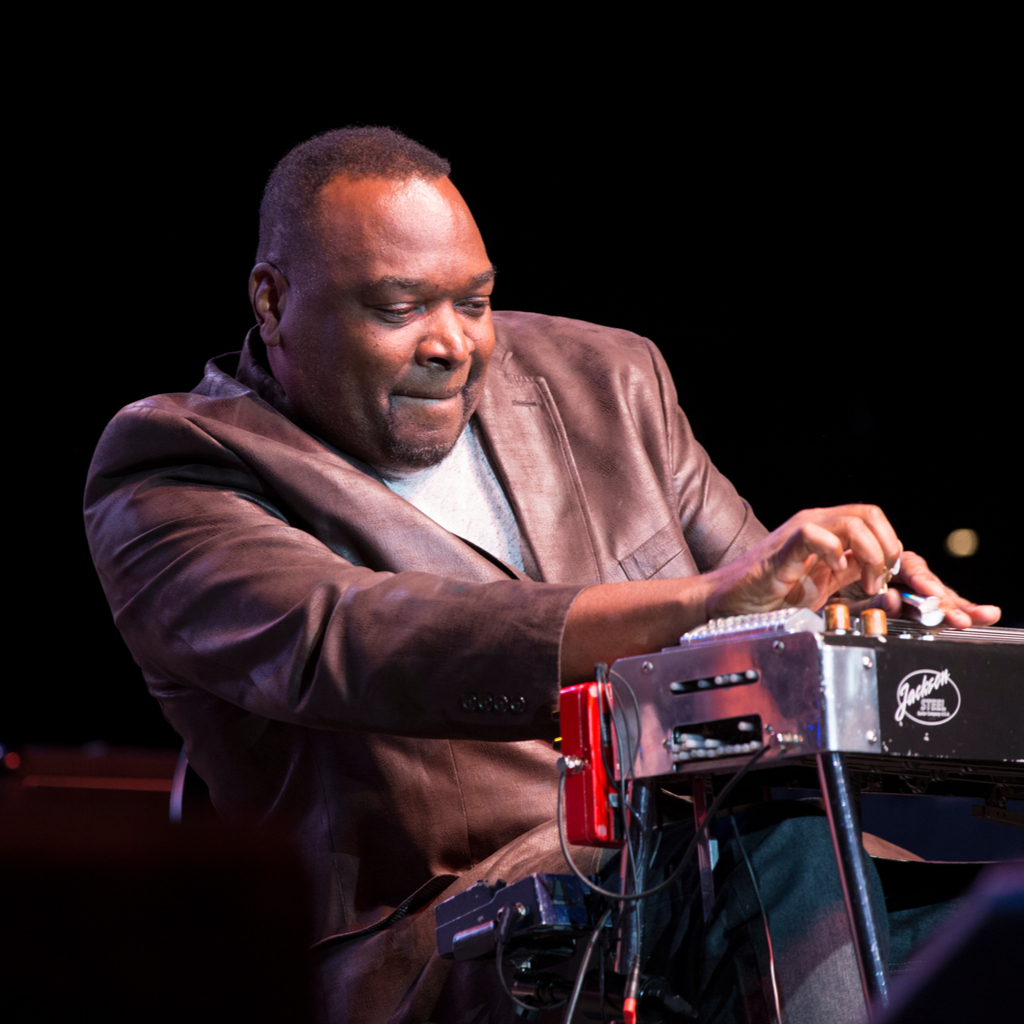
Best believe that a song about a man infatuated with a woman indeed made it to the Supreme Court. In 1989, rap music group 2 Live Crew released the song “Pretty Woman,” which was intended as a parody of Roy Orbison’s 1964 classic rock ballad, “Oh, Pretty Woman.” In 1990, after the group sold nearly a quarter of a million copies of the song, Acuff-Rose Music, Inc. sued 2 Live Crew and their record company for copyright infringement of Orbison’s original song. Although the District Court and Court of Appeals held differing judgments regarding the nature of the songs, the Supreme Court ultimately rendered the rap version as a transformative parody that qualified as fair use. That’s right, 2 Live Crew’s version of the song was so different from the original that wasn’t an issue with the Court — seriously, go listen to it and see for yourself.
4. Hustler Magazine, Inc. v. Falwell
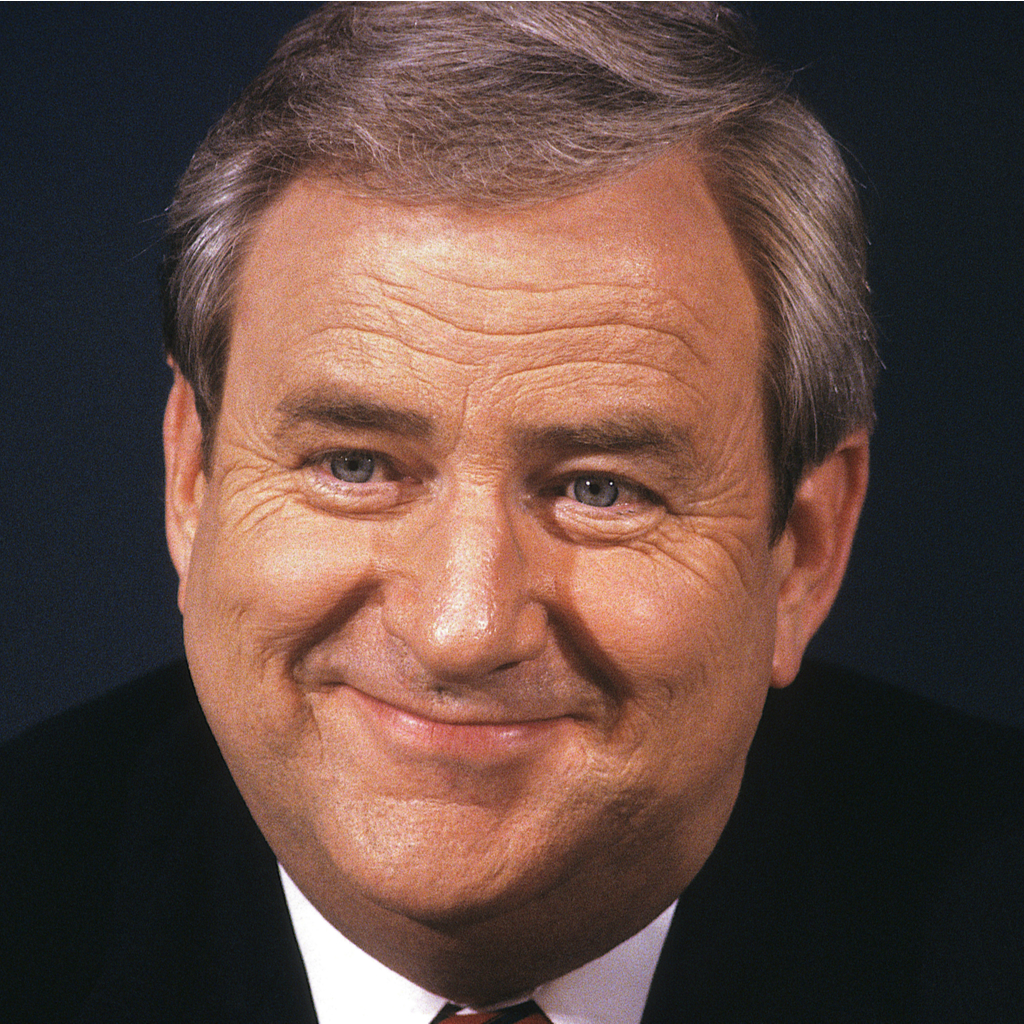
While influential televangelist Jerry Falwell wasn’t your typical celebrity, he was certainly a public figure back in the ‘80s. But it was a “parody” of an advertisement ridiculing Falwell in the November 1983 issue of Hustler Magazine that resulted in this landmark case. The ad in question? It claimed the Fundamentalist minister engaged in a drunken incestuous relationship with his mother in an outhouse.
Falwell sued to recover damages for libel, invasion of privacy, and intentional infliction of emotional distress (IIED). Though he won $150,000 for the emotional distress claim, Hustler Magzine appealed. The case was brought to the Supreme Court, which unanimously opined that IIED claims require high levels of proof — the same as libel — that the offensive content contained false statements that were made with “actual malice.” Moreover, Falwell’s status as a public figure meant he did not receive the same level of protection against offensive speech as a private person because that would limit free speech protected by the First Amendment. Once again, parodies took the win.
5. Katherine Heigl v. Duane Reade, Inc.
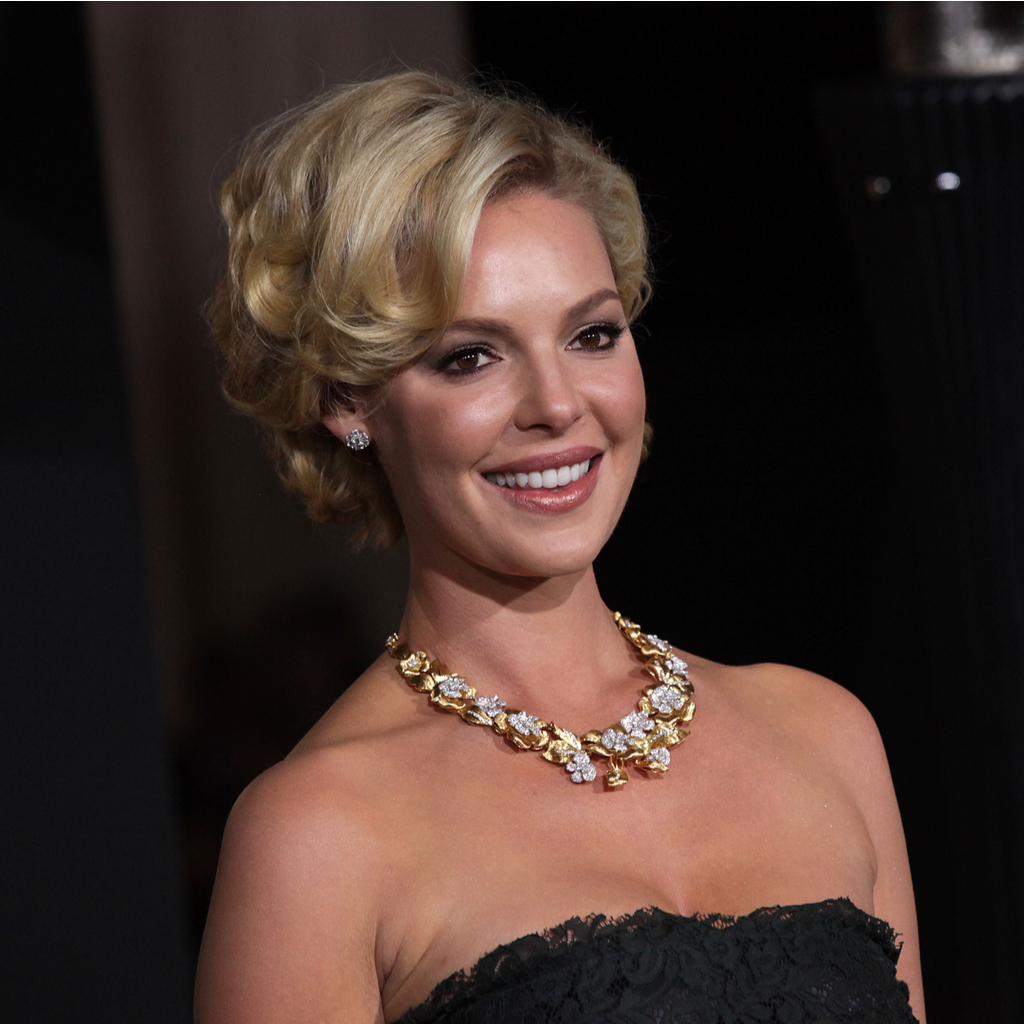
While not as legendary as the other lawsuits, this one deserves an honorable mention for the grand lesson it taught modern marketers what not to tweet. The 2014 case began when actress Katherine Heigl was spotted walking out of a Duane Reade store holding merchandise she had just purchased. The paparazzi captured this moment, and the pharmacy chain saw this as an easy marketing opportunity. Along with the photo of the actress, the company tweeted: “Love a quick #DuaneReade run? Even @KatieHeigl can’t resist shopping #NYC’s favorite drugstore.” What may have seemed like a good idea at first turned into a $6 million dollar lawsuit. Heigl sued the company for using her “likeness” — anything meant to imply any affiliation or endorsement from someone, like a celebrity — to promote their business without her consent. Of course, Heigl won and donated the proceeds to a charity (so it wasn’t so bad after all). But the big lesson here: Remain cautious of what you post on social media for commercial advertising; it could just land you in hot water.



